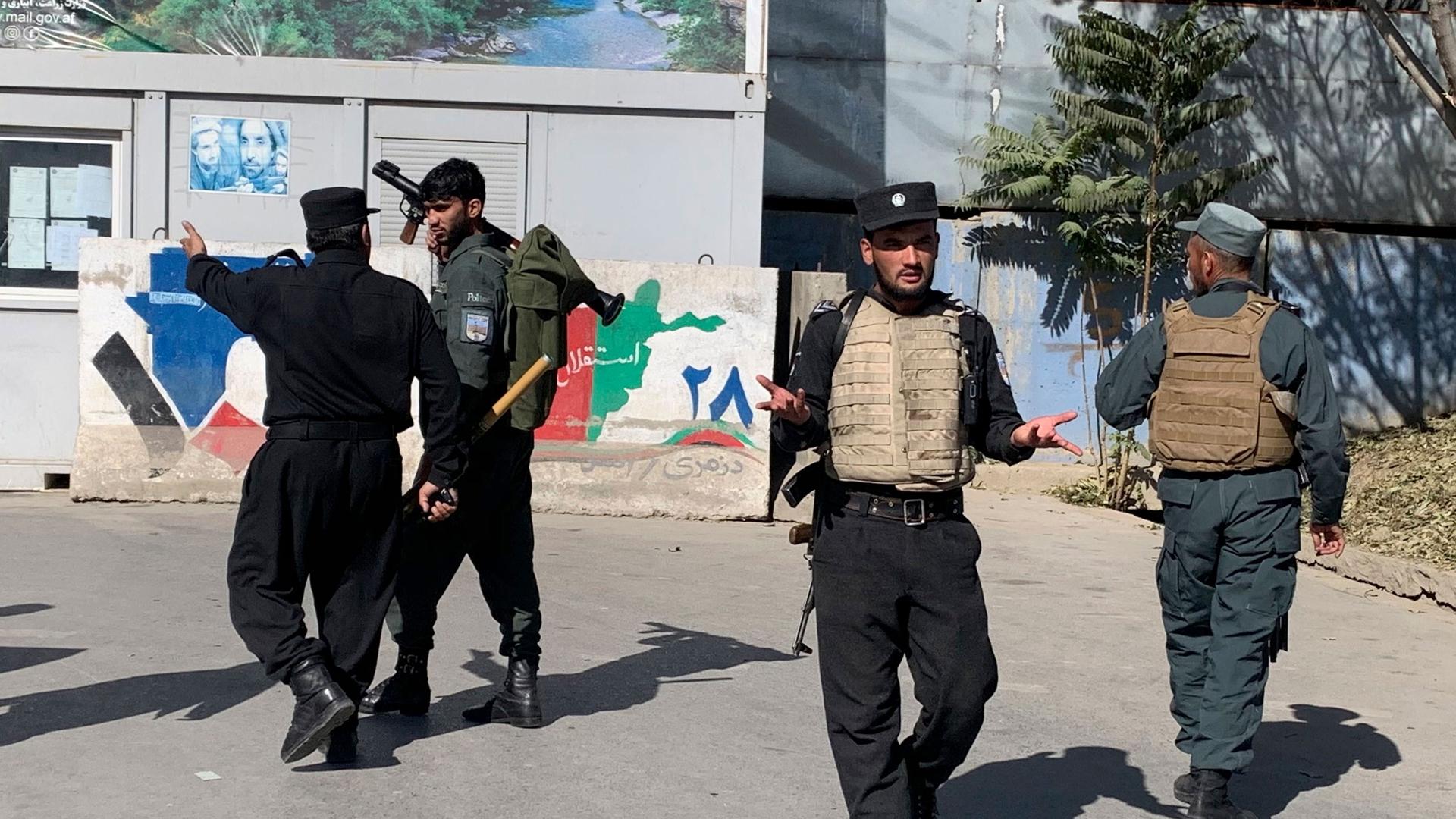This analysis was featured in Critical State, a weekly foreign policy newsletter from Inkstick Media. Subscribe here.
Last week on Deep Dive, we looked at new research on how people who have lived through civil wars evaluate their options when it comes to postwar governance. The experience of developing community organizations under rebel rule, it seems, makes it both easier for communities to develop their own alternate governance solutions in peacetime and more difficult for the central government to compete with local offerings. But what happens with questions of legitimacy when conflicts are ongoing? Does the presence of violence, rather than just the presence of rebels, affect how state institutions are perceived?
Related: What does ‘legitimacy’ mean: Part I
Those questions are at the core of a recent article in the Journal of Politics, written by political scientists Annekatrin Deglow and Ralph Sundberg. They wanted to investigate how state institutions lose their relationships with citizens during civil wars. To do this, they researched perceptions of Afghan local police between 2007 and 2012, drawing on a large-scale survey that recorded responses from 31,720 Afghans over 360 districts throughout the country.
Using the survey, Deglow and Sundberg measured the relationship between people’s self-reported confidence in their local police and the level of violence taking place in each respondent’s district around the time they took the survey. The statistical results Deglow and Sundberg found are about what you’d expect (although it represents one of the first major statistical efforts to confirm this finding): More violence means less faith in police. Specifically, increased conflict intensity led to less belief that police are effective in fighting crime, less belief that they are procedurally fair, and less trust overall.
Related: Two decades of war and daily life in Afghanistan
Yet it actually isn’t obvious why that should be the case. On one hand, sure, police say they are there to reduce violence, and so when violence increases their credibility takes a hit. On the other hand, however, if police are doing an effective job of local dispute resolution or crime deterrence, there is no clear reason for citizens to shun those services just because national-level forces have brought higher levels of violence to the area. What, then, is the mechanism that causes police to lose legitimacy in the face of increased civil war violence?
Deglow and Sundberg posit that the explanation lies in how police respond to increased insurgent violence. The Afghan National Police, as trained and equipped by US and NATO forces, was both a policing and a counterinsurgency organization. The balance between those roles shifts in a given district depending on the scale of the conflict in that district. As the conflict grows more intense in a district, police units cease whatever community roles they served before to fight a brutal war, one in which community members they might have served before often end up on the opposite side. With no resources to expend on community dispute resolution and every reason to become a divisive force in communities, police who are converted to counterinsurgent forces see their approval ratings suffer.
In some ways, this finding is like a refraction of the conclusion in Part I of this Deep Dive. In that piece, local governance structures durably separated themselves from the central state in order to sustain themselves through conflict. In this one, national governance structures undermine their own local relationships by being unable to separate their local roles from the national-level conflict they are drawn into. In both cases, legitimacy is won and lost not by the overall popularity of the national government or the insurgency, but by the local-level decisions of institutions.
Critical State is your weekly fix of foreign policy analysis from the staff at Inkstick Media. Subscribe here.
